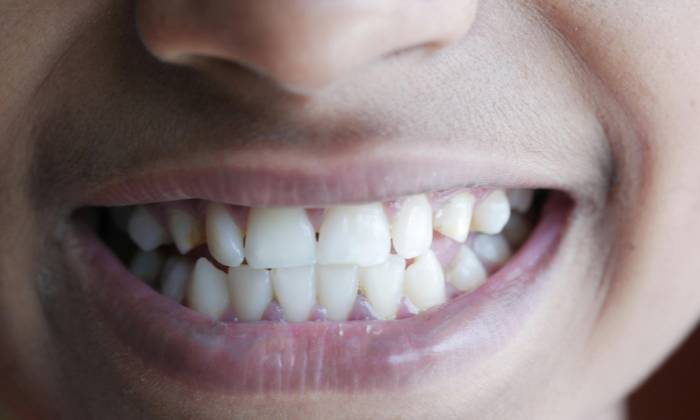Millions of people using Ozempic and similar weight-loss medications are discovering an unexpected side effect that dentists are increasingly concerned about: “Ozempic teeth.”
This unofficial term describes a range of dental problems — from dry mouth and tooth decay to gum disease — that users report after taking GLP-1 medications like Ozempic, Wegovy, and Mounjaro.
“While there is no direct scientific evidence yet, in clinical settings semaglutide drugs like Ozempic are starting to show correlation with damaged teeth,” Dr. Sandip Sachar, a general and cosmetic dentist, has observed. “In my practice we are seeing a correlation between patients on Ozempic and having increased dental problems.”
How Weight-Loss Drugs Affect Your Mouth
The dental issues stem primarily from three mechanisms related to how these medications work:
Dry Mouth: Ozempic can reduce saliva production, which is crucial for protecting teeth. Saliva normally washes away food particles, neutralizes acids, and delivers minerals that strengthen tooth enamel. Without enough saliva, bacteria thrive, leading to cavities and bad breath.
Acid Reflux and Vomiting: These drugs slow down digestion, causing food to remain in the stomach longer. This can trigger acid reflux, nausea, and vomiting. Stomach acid is highly corrosive to tooth enamel, and repeated exposure can permanently damage teeth.
“The stomach is very acidic, and if the patients are having that acid come up into their mouth, then it really is quite damaging to the teeth,” warns Dr. Victoria Holden, a UK-based dentist.
Changes in Eating Habits: The appetite suppression that makes these drugs effective for weight loss means less chewing, which naturally stimulates saliva. Dramatic dietary changes might also create nutritional gaps that affect oral health.
Beyond Teeth: Other Oral Concerns
The problems don’t stop at teeth. Users report additional oral health issues:
- Bad breath due to dry mouth and bacterial growth
- Gum inflammation that can progress to more serious periodontal disease
- Increased tooth sensitivity from enamel erosion
- Mouth ulcers and fungal infections like thrush
Some patients also experience what dentists call “Ozempic tongue” — changes including swelling, persistent taste alterations, and a burning sensation.
Similar posts
Medical Community Takes Notice
Dr. Holden notes a shift in how healthcare providers are approaching these concerns: “We’ve gone from a bit of denial in the medical field about there being a problem to patients now being actively encouraged to see the dentist before they start a program.”
This growing awareness has prompted more dentists to recommend preventive strategies for patients taking weight-loss medications.
Protecting Your Smile
For those using Ozempic or similar drugs, dental experts recommend:
- Staying well-hydrated throughout the day
- Using fluoride toothpaste and mouthwash
- Waiting 30-60 minutes after vomiting before brushing teeth (to avoid scrubbing away acid-softened enamel)
- Using sugar-free gum or lozenges to stimulate saliva
- Informing your dentist about your medication use
- Scheduling more frequent dental check-ups
Part of a Broader Pattern
“Ozempic teeth” joins other nicknamed side effects like “Ozempic face” (gaunt, sagging facial appearance) and “Ozempic butt” (loss of volume in the rear) that highlight the body-wide impacts of rapid weight loss.
Legal action is increasing against manufacturers like Novo Nordisk (Ozempic, Wegovy) and Eli Lilly (Mounjaro, Zepbound), primarily focusing on gastrointestinal issues like gastroparesis (stomach paralysis), with some lawsuits specifically citing severe vomiting leading to tooth loss.

Despite these concerns, the medications remain popular for their effectiveness in weight management and diabetes treatment. The key, experts say, is awareness and proactive care.
For many users, the potential for these side effects comes as an unwelcome surprise. As one dentist put it: “Ozempic might put some glide in your stride but it could also take a bite out of your smile.”


















